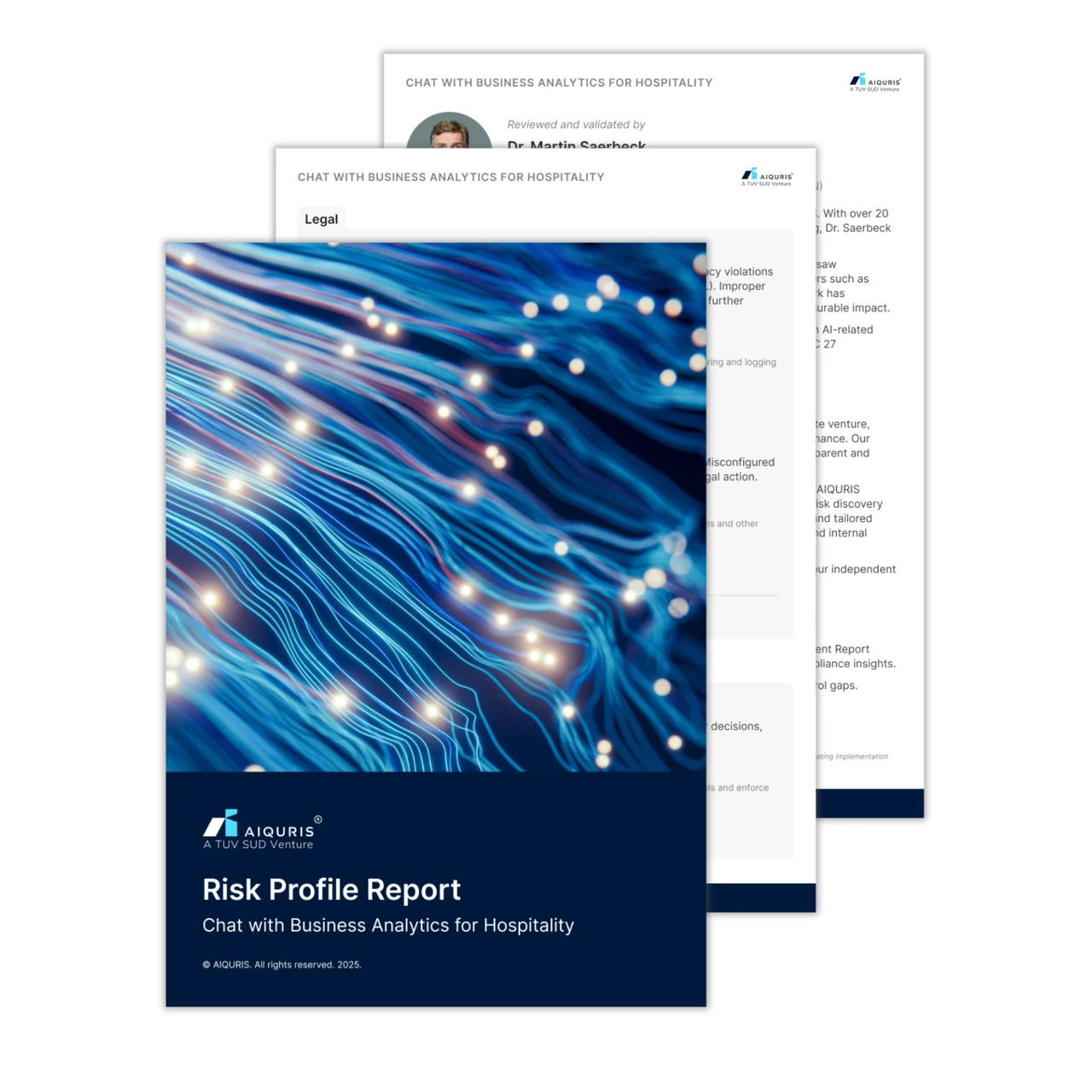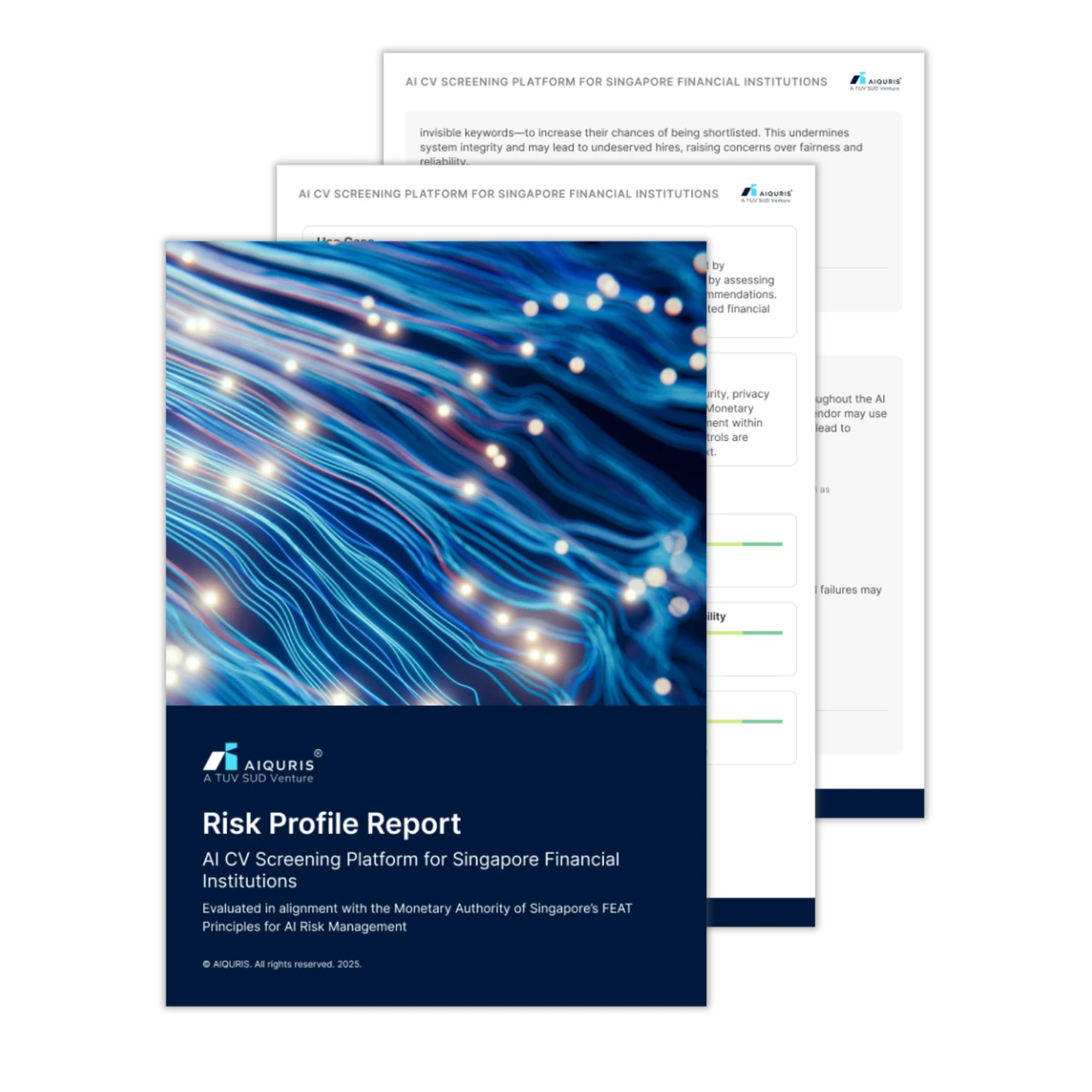Education is evolving rapidly, driven by advancements in Artificial Intelligence. AI in education is projected to grow by $30 billion by 20321. AI-driven education platforms are transforming learning outcomes and engagement by using machine learning algorithms like neural networks to analyse learner data and deliver customised content. This fosters deeper understanding and better performance while significantly improving engagement and retention2.
When integrated thoughtfully, AI enhances equity and inclusion—ensuring all students benefit equally from technological progress without exacerbating existing disparities3. This ensures all students benefit equally from technological advancements rather than exacerbating existing disparities.
How AI-Driven Education Platforms Work
AI-driven platforms personalise education through a combination of data, algorithms, and real-time feedback. Here’s how:
-
Data Collection and Analysis: AI systems track student interactions like time spent on tasks, quiz scores, and engagement. This data forms the foundation for personalised learning pathways.
-
Adaptive Learning Algorithms: Using machine learning, these algorithms adjust lesson difficulty and pacing based on real-time analysis of performance. Platforms like DreamBox Learning, a recognised leader in adaptive learning technology, use advanced algorithms to guide students through concepts, ensuring mastery before moving forward4. Research from sources like EdTech Magazine highlights how adaptive learning platforms like DreamBox have shown measurable improvements in student outcomes through data-driven personalisation5.
-
Feedback Mechanisms: Immediate feedback is crucial in personalising learning. AI-powered platforms provide instant assessments, enabling learners to identify areas for improvement and enhance retention6.
-
Intelligent Tutoring Systems: Tools like Carnegie Learning use sophisticated AI tutors that simulate one-on-one instruction, guiding students through complex problems with tailored support7.
AI-driven education platforms benefit learners, educators, and institutions by providing personalised learning, data-driven insights, and streamlined teaching processes8. However, institutions must address the risks associated with AI adoption, such as data privacy breaches, algorithmic bias9, and over-reliance on technology10. To mitigate these risks, institutions should ensure that AI systems are of high quality and align with frameworks like ISTE Standards, which guide educators in creating equitable learning environments.
Organisations can attempt to manage this independently, but to effectively and efficiently navigate these complexities, expert guidance is often needed. AIQURIS simplifies this process by offering comprehensive, industry-aligned risk profiling, governance maturity assessments, and real-time compliance tracking. This enables educational institutions to deploy AI systems that are not only safe, ethical, and scalable but also aligned with evolving regulatory standards and best practices. By reducing uncertainty and providing clear, actionable insights, AIQURIS helps institutions maintain trust, accountability, and long-term success in their AI-driven initiatives.
The Impact of AI on Educational Outcomes
Research suggests integrating AI into education significantly improves academic outcomes. Personalised adaptive learning positively affects low-performing students, particularly in regions with limited access to quality resources6. Programmes like Mindspark demonstrate measurable improvements through tailored interventions12.
AI also enhances efficiency for both students and teachers by automating tasks, aiding lesson planning, and providing performance insights. AI also boosts teacher efficiency by automating tasks like grading and planning, cutting administrative workload by up to 40% and freeing educators to focus on critical thinking and creativity13.
AIQURIS ensures these platforms stay effective and compliant with real-time regulatory intelligence, enabling continuous risk management and alignment with educational standards.
Challenges and Solutions in AI Implementation
Despite its potential, AI implementation in education faces several challenges:
-
Access to Technology: Limited infrastructure, with 25% of primary schools worldwide lacking electricity, restricts digital resources14.
-
Data Privacy Concerns: Safeguarding sensitive student information requires rigorous protocols. AIQURIS enables educational AI platforms to align with GDPR, ISO/IEC, and other industry standards by offering structured risk assessment frameworks that mitigate compliance risks.
-
Equity Gaps: To prevent widening inequalities, initiatives must ensure equitable access to AI-enhanced learning tools across demographics.
Addressing these issues requires investment in infrastructure, clear data guidelines, and training for students and teachers.
Emerging Technologies in AI Education
Several emerging technologies further enrich the educational landscape:
-
Natural Language Processing (NLP): NLP lets platforms interact conversationally, making learning more engaging. AI-powered chatbots assist in tutoring and responding to queries. Utilising NLP, Cognii offers real-time feedback on students' open-ended responses, enhancing personalised learning experiences15.
-
Virtual Reality (VR) and Augmented Reality (AR): VR and AR offer experiential learning, letting students explore subjects interactively. The SkyView App allows students to explore the universe using AR overlays of the night sky, identifying stars, constellations, and planets through their mobile devices16.
-
AI-Powered Assessment Tools: Automated systems evaluate diverse formats, optimising testing efficiency and reducing biases in traditional grading methods. Edmentum’s Exact Path tailors learning pathways with AI-driven assessments, optimising efficiency and reducing grading bias11.
AIQURIS ensures that innovations like NLP and AR maintain compliance and performance by providing automated governance and risk-tracking capabilities.
Conclusion
AIQURIS ensures AI-driven education platforms adhere to compliance and risk management frameworks, fostering secure and ethical AI adoption in education.
Embracing AI’s potential in education creates inclusive, responsive, and effective learning environments where every student can succeed. Let’s advance towards a future where technology empowers education, ensuring no learner is left behind. To explore how AIQURIS can support the adoption of AI in education, reach out today.






